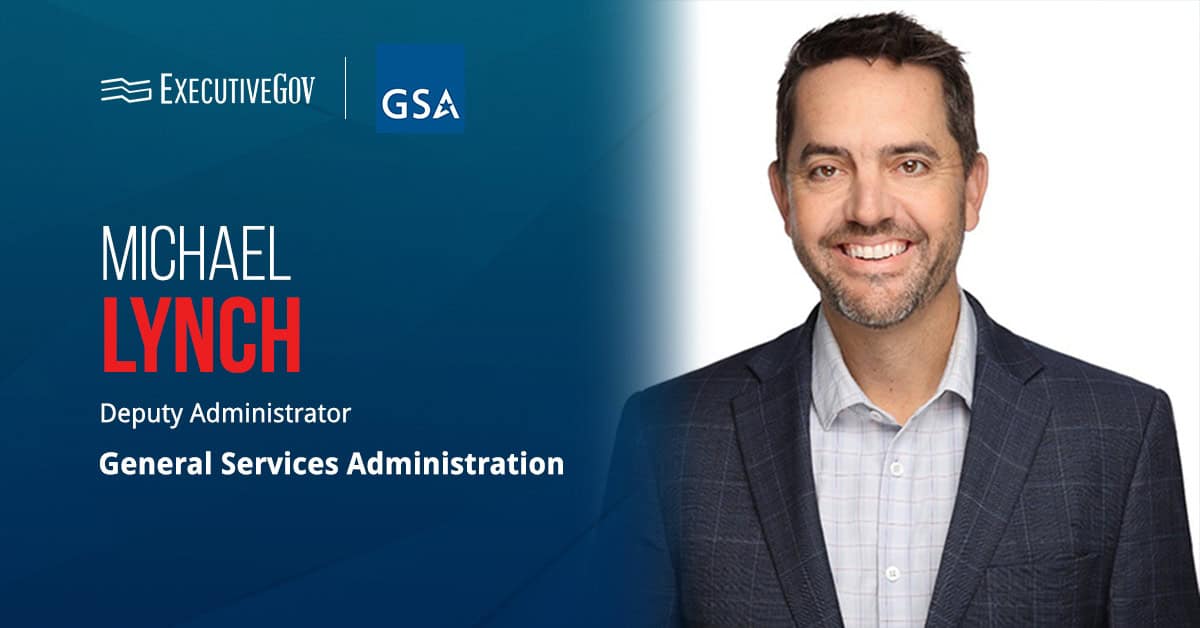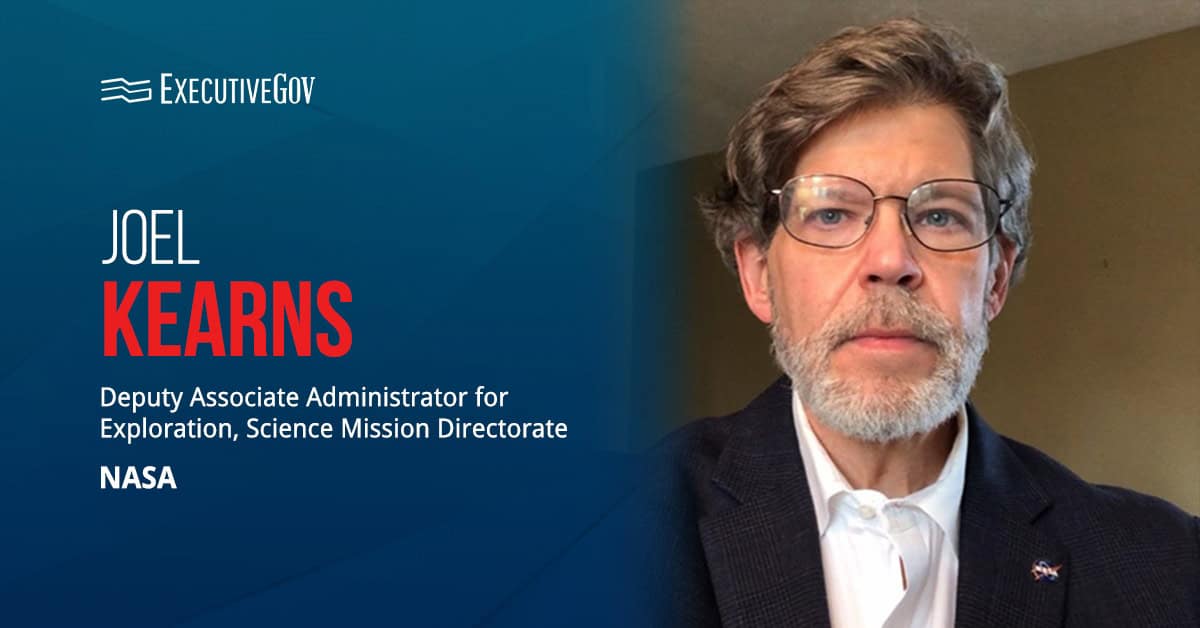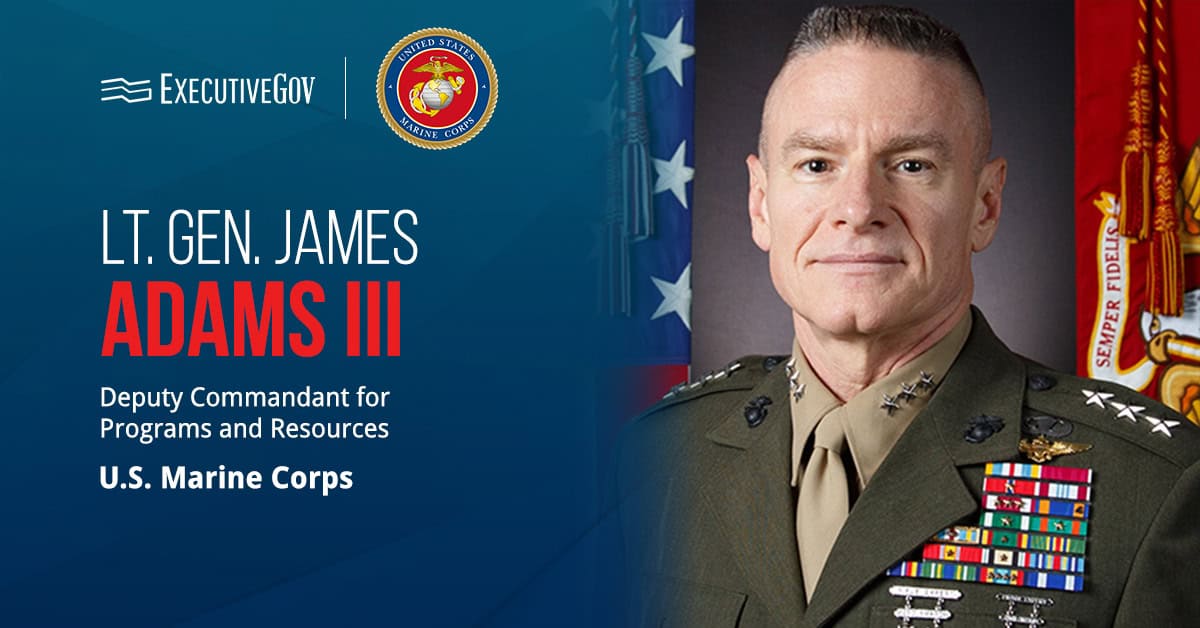The Defense Advanced Research Projects Agency is soliciting proposals for a new program to develop artificial intelligence agents capable of improving the ability of computational systems to analyze large amounts of multimedia.
DARPA said Monday that it has released a broad agency announcement for the Environment-driven Conceptual Learning program aimed at teaching AI to form symbolic representations and reasoning using linguistic and visual input.
ECOLE is a three-phase program that will run for four years. The BAA seeks proposals for the first two, 18-month phases that will focus on creating initial prototype implementations of AI agents and scaling their framework to enable interaction with human analysts.
DARPA will release a subsequent BAA for the 12-month phase three that will cover the development of concerns related to geospatial intelligence workflows.





